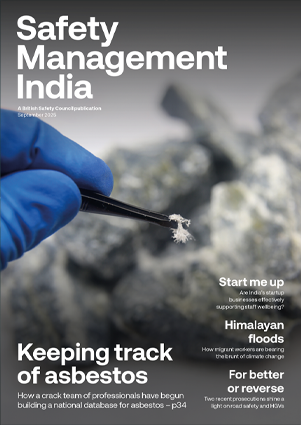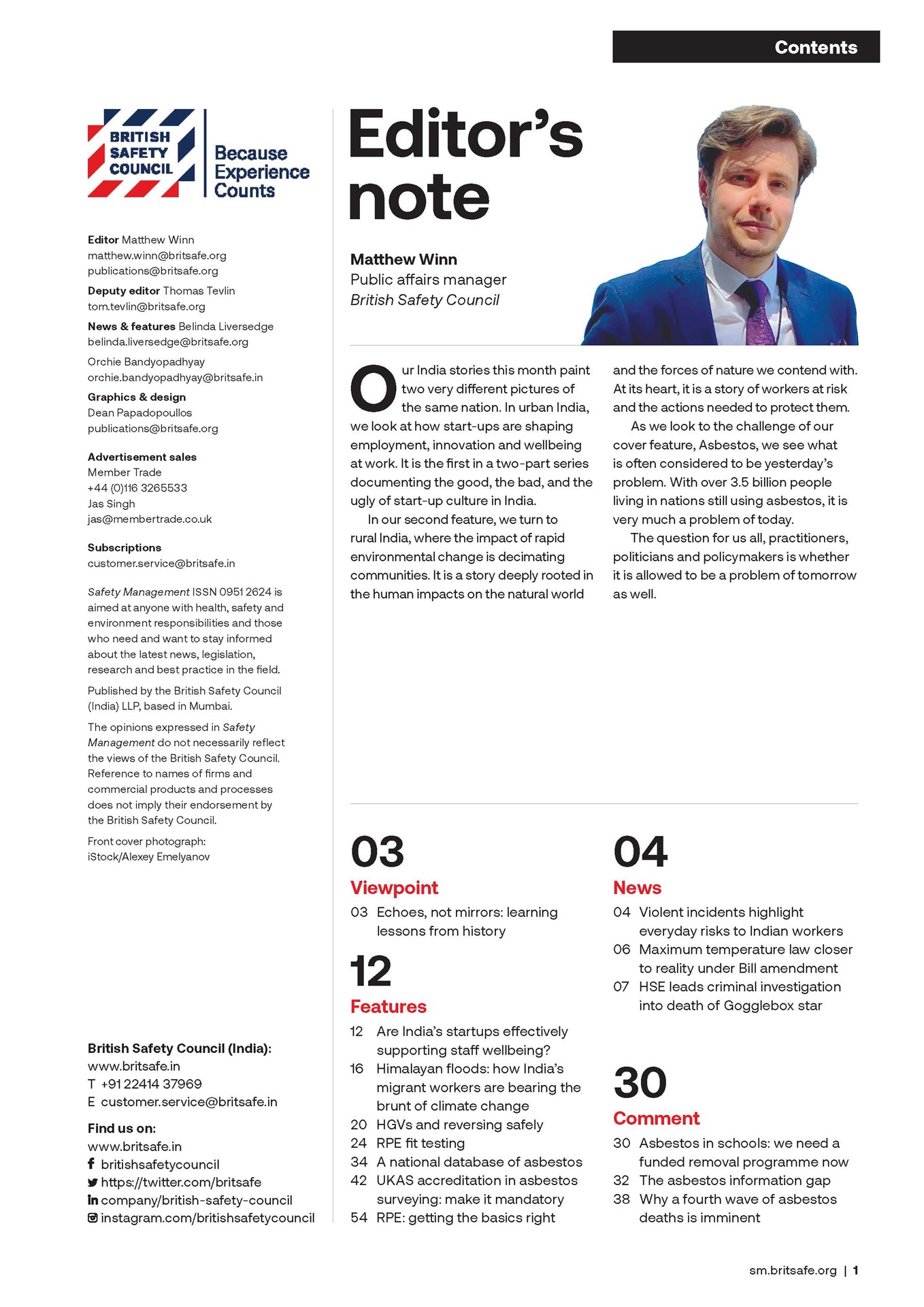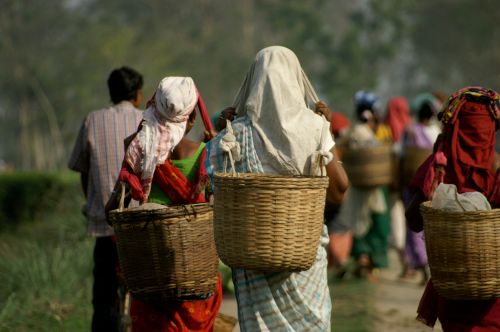Tamil Nadu’s agricultural workers may be facing a growing risk of chronic kidney disease linked to heat exposure, dehydration and long outdoor workers hours, according to a new study.
News
High temperatures may be increasing the risk of kidney disease among Tamil Nadu’s farm workers, concludes study
The research, published in The Lancet Regional Health Southeast Asia journal, reports that “the prevalence of chronic kidney disease (CKU) among agricultural workers in Tamil Nadu is 5.31 per cent, with about half of these due to CKDu (Chronic Kidney Disease of Unknown Etiology)” – a mysterious form of the disease not explained by diabetes or high blood pressure.

The paper says the apparently high number of cases of kidney damage may be the result of the daily hardships of rural work, rather than the result of poor lifestyle habits, such as tobacco chewing, a common habit among agricultural labourers. Long-term exposure to extreme heat, limited access to clean drinking water and inadequate rest during peak hours were among the key factors that could be contributing to a higher prevalence of CKU and CKDu among Tamil Nadu’s agricultural workers, says the report.
For the research, 3,350 farm workers were studied across five agroclimatic zones of the state (North-East, North-West, Western, Cauvery Delta, and Southern regions). A stratified multi-stage cluster sampling method was used to ensure that participants from different regions and farming conditions were proportionately represented. The team surveyed workers from 125 villages, collecting data on occupation, health and environmental exposures.
Adults aged above 18 years, whose predominant occupation was farming-related manual labour, and who had been actively involved in work in the fields for more than a year, were included.
The study, which was conducted over two rounds of testing timed to the state’s heat cycle, is the first comprehensive glimpse into how rising temperatures and harsh working conditions may be quietly eroding the health of agricultural workers in the state of Tamil Nadu.
Led by authors Natarajan Gopalakrishnan, Subramaniam Sudharshini and Ramanathan Sakthirajan, the research team had a simple brief: travel village-to-village, document every health indicator with care, and return three months later to confirm the persistence of the laboratory abnormalities that were detected in Phase 1.
Age, male sex, lack of formal education, diabetes, hypertension, history of high cholesterol, anaemia, exposure to smokeless tobacco and long hours of outdoor work were found to be associated with CKD. Older age, male sex, lack of education, anaemia and long hours of outdoor work were associated with CKDu, say the researchers.
However, the researchers caution that during the study, ultrasounds and biopsies were not conducted on every participant; urine albumin-to-creatinine was not analysed across the board; and the team did not measure field heat or chemical exposures on site. The paper states: “There are some limitations… (the study) was not explicitly designed to measure environmental exposures such as heat stress through WBGT (wet bulb globe temperature) or agrochemical use, which are key factors hypothesised to contribute to CKDu… (and) their exclusion limits the ability to establish causal pathways.”
In the first phase, every participant went through a clinical examination and laboratory tests. Participants whose initial blood results suggested they may have a form of kidney disease were invited back three months later in the second phase to confirm whether the condition persisted. Under global diagnostic standards, to meet the criteria for CKD, the abnormalities must be present for at least three months.
Chronic kidney disease means a person’s kidneys slowly get damaged and can’t perform vital functions, like removing waste and keeping blood pressure normal.
CKD usually develops very slowly and few symptoms appear in the early stages of the disease. Common causes of CKD include diabetes, high blood pressure, genetic factors, infections or long-term exposure to toxins and heat. If left untreated, CKD can progress to kidney failure, requiring dialysis or a transplant.
According to the study, cases of CKD in Tamil Nadu’s agricultural workers appear to be associated not with traditional risk factors like diabetes or hypertension, but with occupational heat stress, such as working long hours in extreme sunlight, which can cause dehydration and kidney strain.
Concluding the study, the authors noted: “The prevalence of CKD in our study is lower than the global and Indian hotspots, with nearly half confined to the phenotype of CKDu. Low levels of education and absence of significant symptoms may delay self-referral and early diagnosis. Hence, health policies aimed at yearly measurement of serum creatinine and urine albumin-creatinine ratio among agricultural workers to identify hotspots of CKDu are needed.”
The authors added: “Government policy measures that expand access to education and implementation of tobacco cessation programmes might help to mitigate the burden of CKD among agricultural workers.”


NEWS

High temperatures may be increasing the risk of kidney disease among Tamil Nadu’s farm workers, concludes study
By Orchie Bandyopadhyay on 10 November 2025
Tamil Nadu’s agricultural workers may be facing a growing risk of chronic kidney disease linked to heat exposure, dehydration and long outdoor workers hours, according to a new study.
Mayfield proposes ‘new deal’ for workplace health in final report to government
By on 01 January 0001

